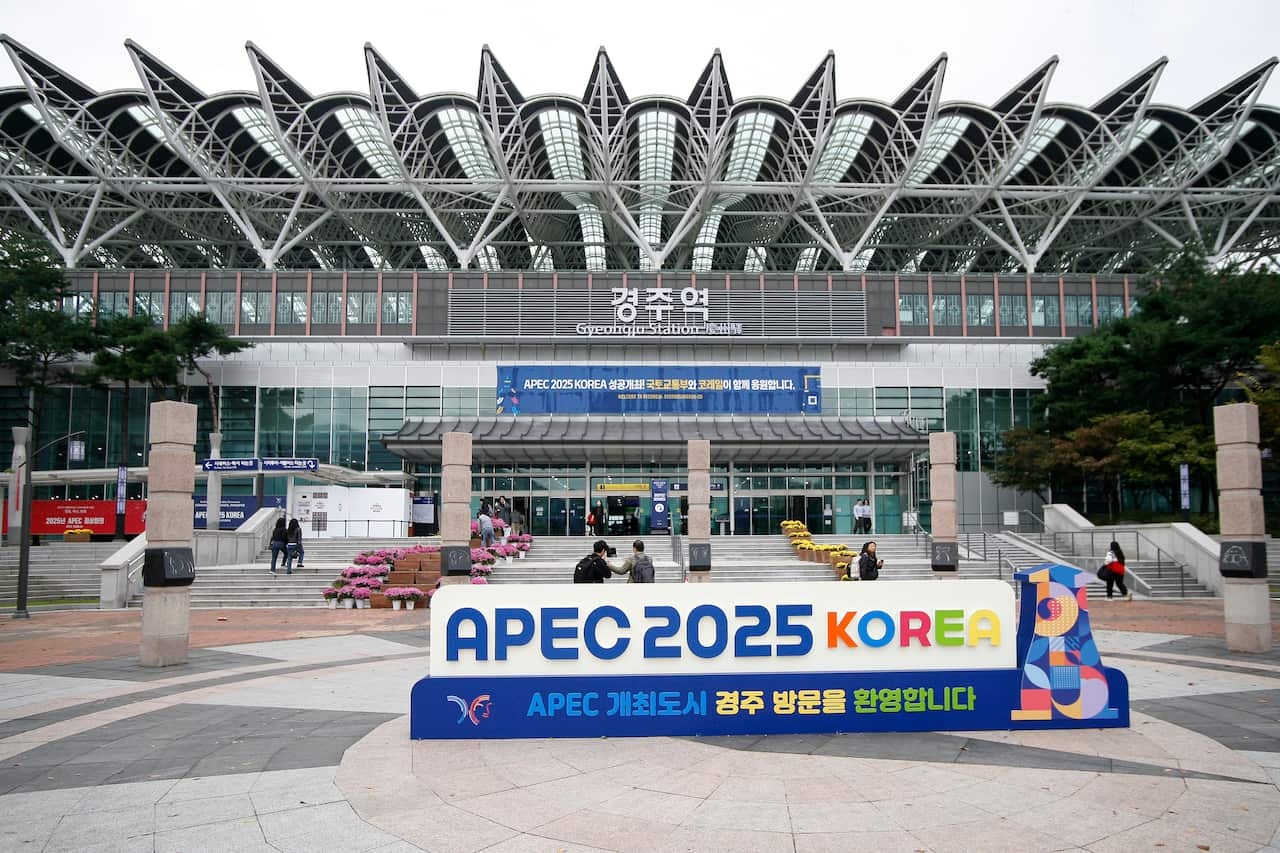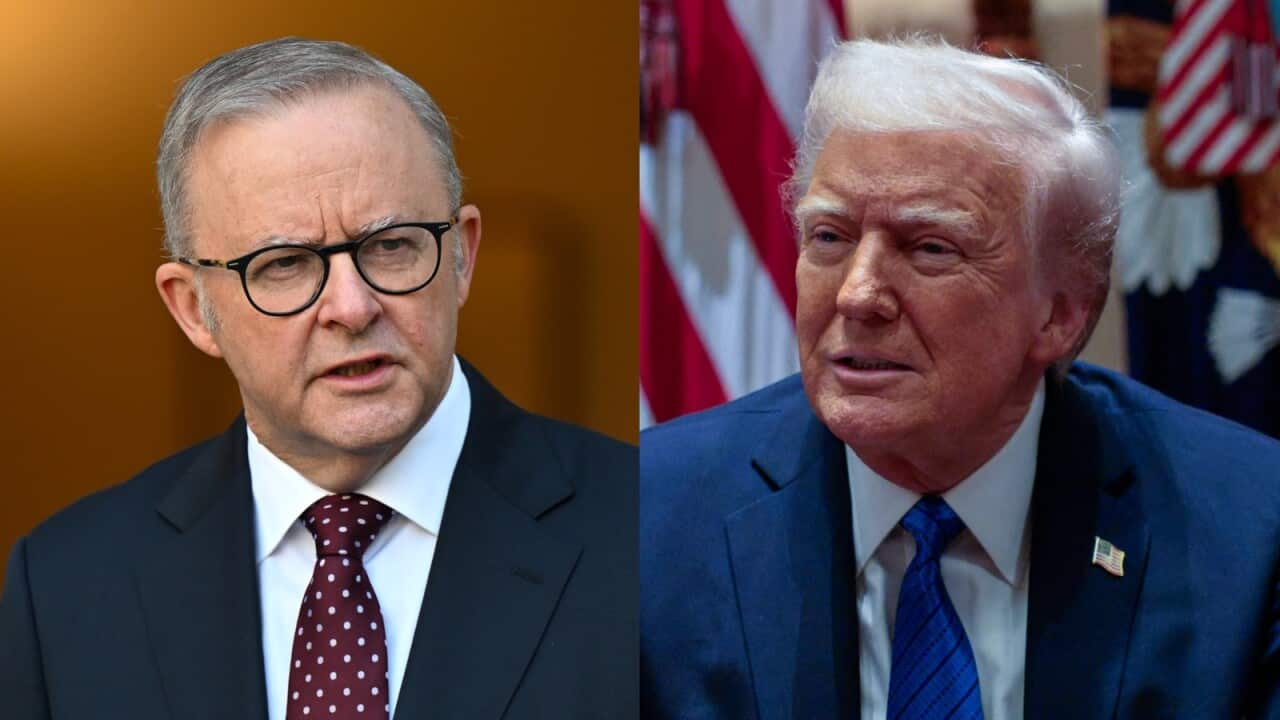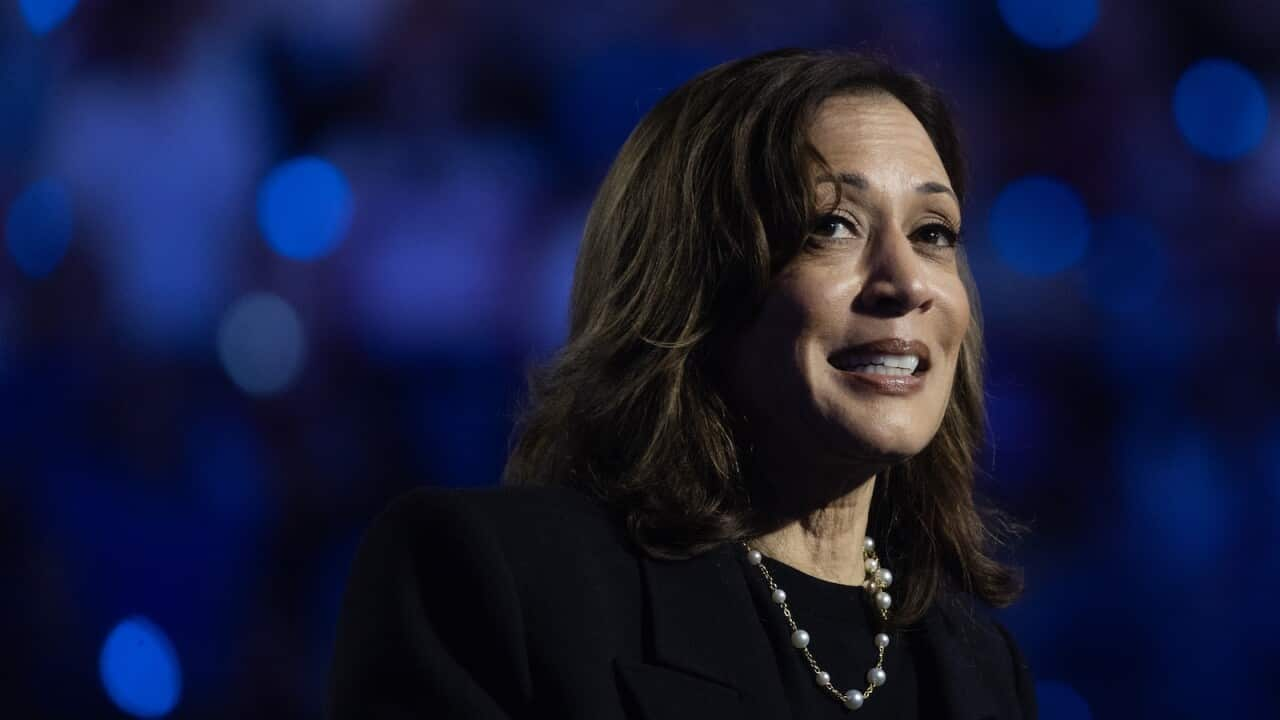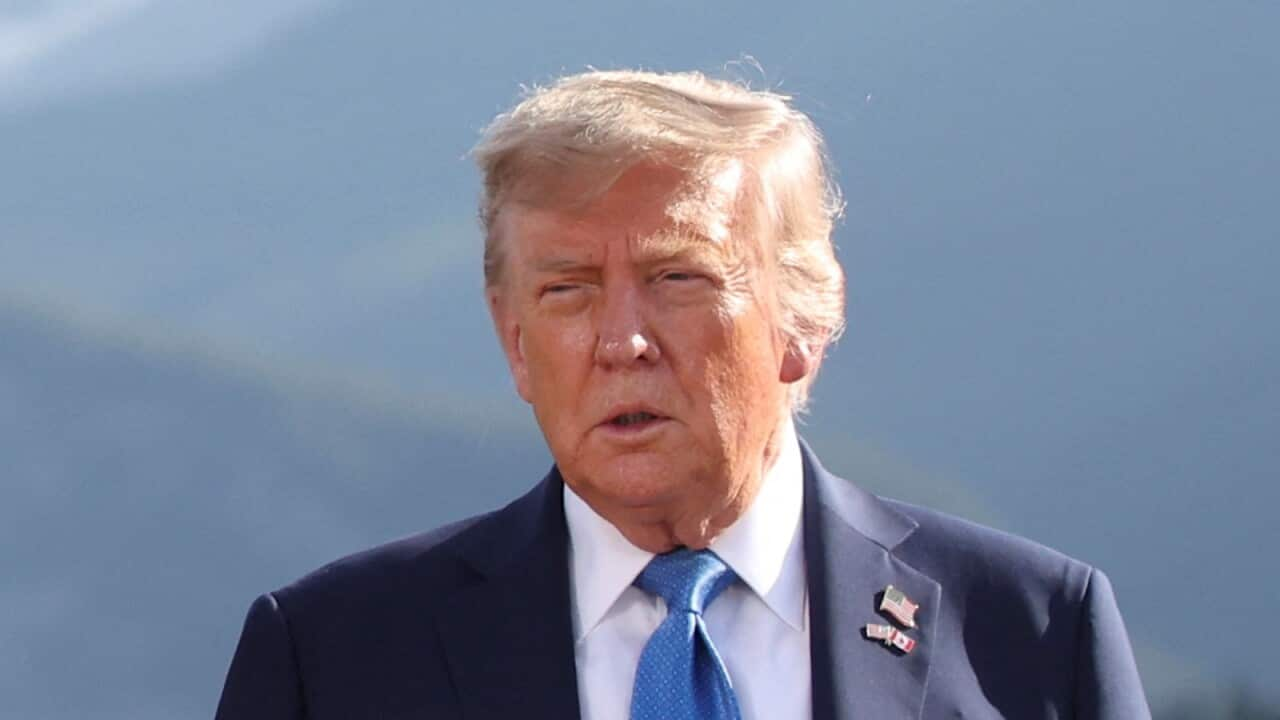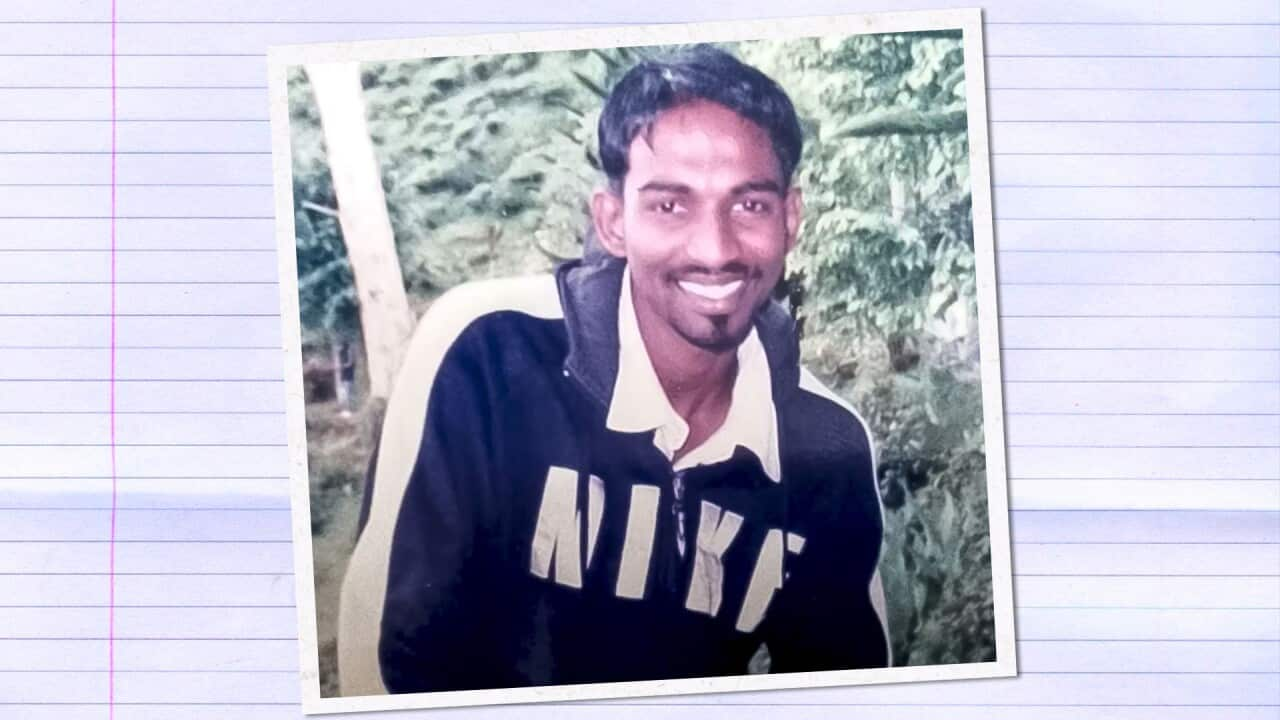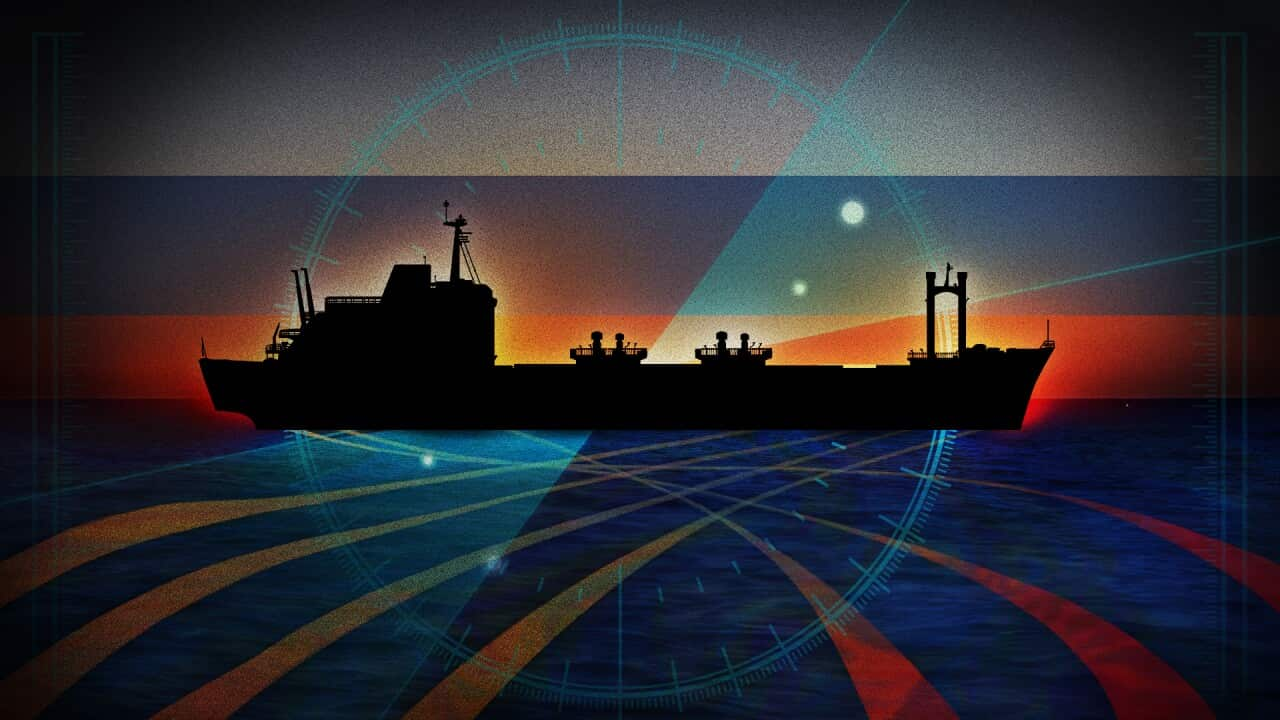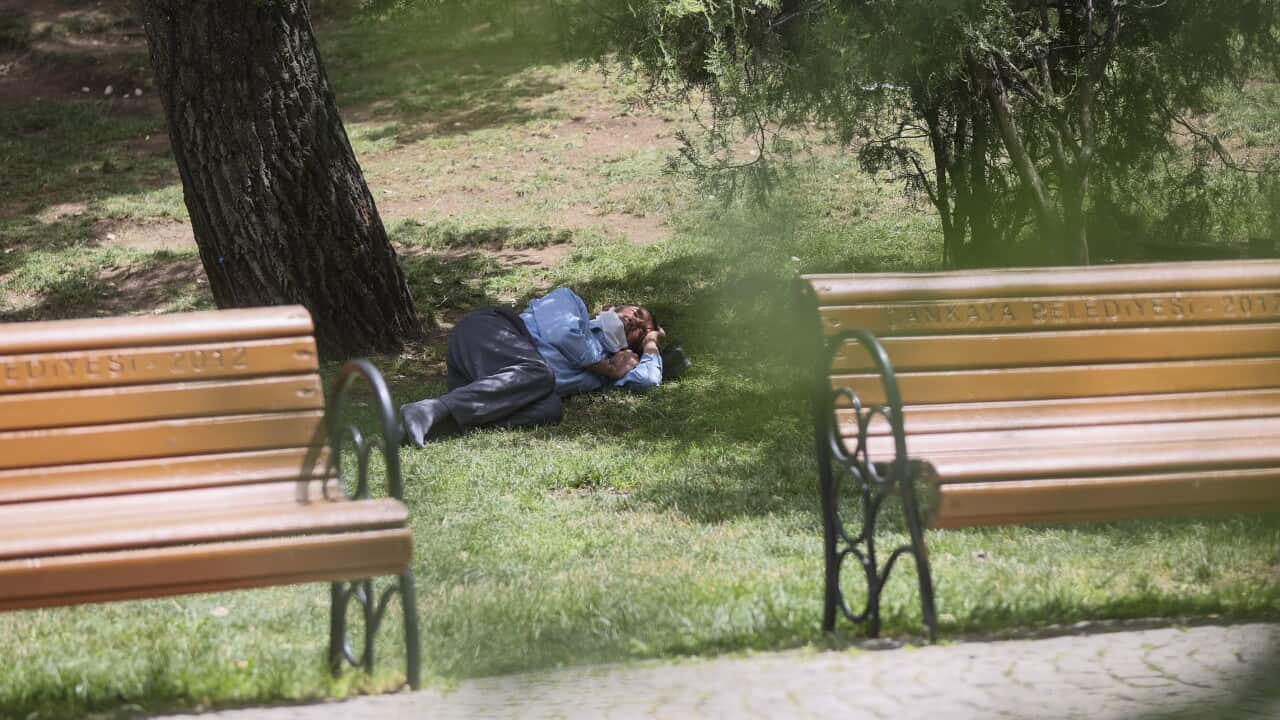Less than a week after meeting at the White House, Australian Prime Minister Anthony Albanese and United States President Donald Trump will join international leaders in Malaysia and Singapore as summit season swings through Asia.
On Sunday, the prime minister lands in Kuala Lumpur for the ASEAN leaders meeting and the East Asia Summit, and by the end of the week will be in Gyeongju in South Korea for the APEC Economic leaders meeting.
Trump will also attend both events, but just how long he stays and whether there’s any chance for another Albanese encounter remains up in the air.
Albanese has said the forums come at a “critical time”, with China and the US in an escalating trade war, as Trump’s tariffs crunch Southeast Asian nations.
Here’s what to expect in the next week:
An ‘awkward’ Trump peace ceremony
Trump may have missed out on this year’s Nobel Peace Prize, but the US president appears poised to continue his campaign for the honour during his Asia visit.
According to the president’s public schedule of events for Sunday afternoon local time, Trump will “participate” in a peace ceremony between Thailand and Cambodia after a deadly breakout of border violence in July.
The ASEAN leaders meeting and the East Asia Summit will be held in Kuala Lumpur, Malaysia. Source: LightRocket, Getty / Faris Hadziq
The five-day war, which killed at least 48 people, was one of the eight conflicts Trump has claimed credit for stopping, and while it is true that the US was involved in the signing of an initial ceasefire, the brokering of the arrangement was overseen ASEAN chair and Malaysian Prime Minister Anwar Ibrahim.
“It is quite awkward for ASEAN,” said Sussanah Patton, Southeast Asia program director at the Lowy Institute, who considers the ceasefire agreement a diplomatic high point for the regional bloc.
“Prime Minister Anwar at that time really conveyed a strong message that ASEAN was able to deal with its own issues,” she said.
“That’s really called into question by an arrangement where the US president is seen as leading, rather than just supporting from behind the scenes. So I think there will definitely be a delicate diplomatic dance happening in the background about the choreography of that meeting.”
That agreement still isn’t finalised, with officials from Thailand and Cambodia spending last week working to lock down the agreement.
‘Transactional’ trade talks
Trump’s tariffs continue to serve as geopolitical lightning rods — just ask the Canadians, whose tariff talks have been upended after the US president took umbrage at a rogue television advertisement airing during the Baseball World Series.
But south-east Asia is where the ‘Liberation Day’ proclamations were felt hardest, with the US the region’s biggest export partner.
The Asia-Pacific Economic Cooperation forum takes place in the South Korean city of Gyeongju from 31 October to 1 November. Source: NurPhoto, Getty / Seung-il Ryu
Those leaders, if able to get face time with Trump, will likely raise the impact of the economic measures on their workers and industries, but a breakthrough is unlikely.
“They want the US to remain engaged, including as a balance to China, and they’re concerned that that’s becoming more difficult as the Trump administration becomes more transactional,” Patton said.
The global trade order will also be a key focus of the Asia Pacific Economic Co-operation (APEC) leaders meeting, and while Trump is expected to skip much of the event, those nations able to meet him in the lead-up will be hoping they can squeeze out their own trade deals.
Trump’s trade wars may also scupper efforts for the bloc to issue a joint declaration reaffirming support for free trade.
APEC economies make up around 75 per cent of Australia’s total trade.
“One in four Australian jobs rely on trade and we will be focused on continuing to grow our key economic and trade relationships during ASEAN and APEC,” Albanese said.
Speaking in Washington DC last week, the prime minister expressed hope he’d see the US president again in person in Kuala Lumpur.
The Trump-Xi meeting, and the ‘1 per cent chance’ of a surprise
After the US president meets with Japan’s new Prime Minister Sanae Takaichi, the country’s first female leader, comes Thursday’s highly anticipated meeting with Chinese President Xi Jinping on the sidelines of APEC in Gyeongju, South Korea.
Just whether and when this sit-down would happen remained in doubt until a few days ago, amid an escalation in the US-China trade wars, as China tightened foreign access to rare earths and critical minerals, and the US expanded export curbs.
Negotiations between top US and Chinese economic officials are underway in Malaysia ahead of the meeting, which Trump at one stage threatened to cancel.
But the US president has expressed optimism that deals on both rare earths and soybean trade could be brokered.
While Trump is not expected to stick around for the bulk of the APEC summit, there could be one potential date that could keep him in Korea for longer.
When the US president last visited South Korea in 2019, he had a surprise meeting with North Korean Leader Kim Jong-Un, stepping over the border.
US media outlets say Trump officials have privately discussed setting up a meeting with North Korean Leader Kim Jong-Un, although its understood none of the preparation has been undertaken for such talks with far less communication with Pyongyang compared to his first term.
But South Korea’s unification minister on Friday said there was a “considerable possibility” the north could agree to a meeting at the DMZ.
“I don’t want to miss even a 1 per cent chance,” Chung Dong-young told reporters.
Timor-Leste’s diplomatic win
Australia’s close neighbour Timor-Leste will join the ASEAN grouping, a significant moment in the country’s history, more than two decades after its bloody fight for self-determination culminated in independence.
“When I look at where we were then compared to now, it is like heaven and hell,” President Jose Ramos-Horta told the South China Morning Post this week.
The young nation first applied to join the grouping in 2011, obtaining observer status in 2022, with considerable debate over its preparedness to become the grouping’s 11th member.
Timor-Leste hopes that joining the bloc opens the way for greater economic development, and Australia has been supportive of the nation’s bid throughout.
But the benefits may take some time to flow through one of the poorest nations in Asia, which remains heavily reliant on oil and gas revenue.
